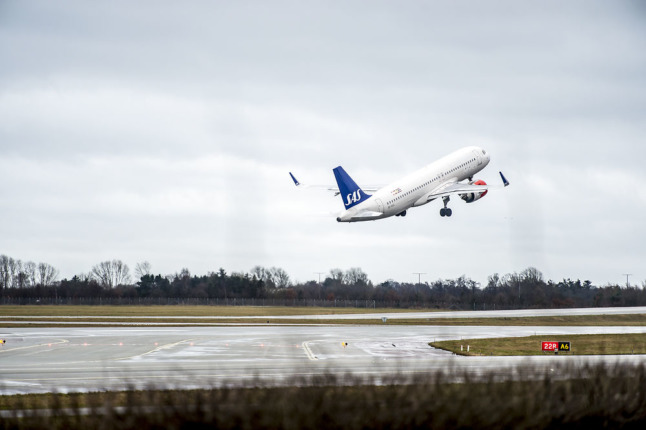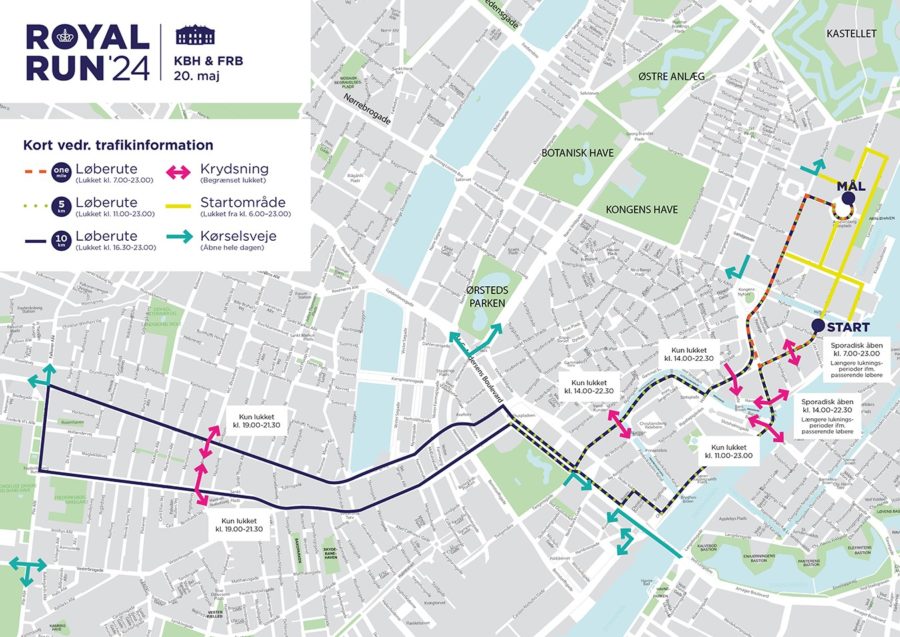People who can document vaccination with an EU approved vaccine, or who have been previously infected with Covid-19, will not be affected by entry testing or quarantine requirements regardless of where in the world they are travelling from, the Ministry of Health said in a statement.
Previous infection means being able to provide documentation of a positive Covid-19 test taken between 11 and 180 days ago.
People who are neither vaccinated nor previously infected must take a test for Covid-19 no more than 24 hours following entry to Denmark from EU or Schengen countries. They may alternatively take a PCR test within 72 hours prior to entry to Denmark, or a rapid antigen test within 48 hours before entry.
Unvaccinated people with no infection history travelling from outside the EU and Schengen area are affected by different rules depending on whether they are travelling from what Denmark categorises a “risk” or “high risk” country.
For “risk” countries, unvaccinated travellers must take a test within 24 hours of entry (excluded previously infected persons).
For “high risk” countries, travellers most both take a test and isolate following arrival in Denmark.
Covid-19 “risk countries” are — at the time of writing — Bahrain, Chile, Colombia, UAE, Indonesia, Kuwait, New Zealand, Peru, Qatar, Rwanda, Saudi Arabia, South Korea and Uruguay, plus Hong Kong, Macau and Taiwan.
Covid-19 “high risk” countries are all countries not on the above list that are not in the EU or Schengen area. The United Kingdom, United States, Australia and South Africa, for example, therefore all fall into this group.
The list of risk and high risk countries is updated on an ongoing basis and can be checked on the official Danish Covid-19 information website. Isolation rules can apply for travellers arriving from outside the EU and Schengen area.
Children under 15 are exempted from all testing and isolation rules.
Under the outgoing rules, all foreign residents entering Denmark must provide a negative Covid-19 test on entry, regardless of vaccination status. Residents of Denmark can take a test within 24 hours after arrival.
The new travel rules take effect on February 1st.
Denmark is set to lift domestic Covid-19 restrictions next week. The government on Wednesday said it would lift Covid-19 restrictions on February 1st despite record infections, citing its high vaccination rate and lower critical hospital cases caused by the milder Omicron variant.
The change will lead to the de facto lifting of all domestic restrictions, including the use of a vaccine pass, mask-wearing and early closing times for bars and restaurants.
53,655 new cases of Covid-19 were registered in Denmark on Friday, an all-time high for the pandemic. The number of patients with Covid-19 in hospital rose to 967, which is also a record.
However, the national infectious disease agency State Serum Institute said that up to 40 percent of people with Covid-19 in hospitals in early January were admitted for reasons other than Covid-19, but had also tested positive for the virus.




 Please whitelist us to continue reading.
Please whitelist us to continue reading.
Member comments